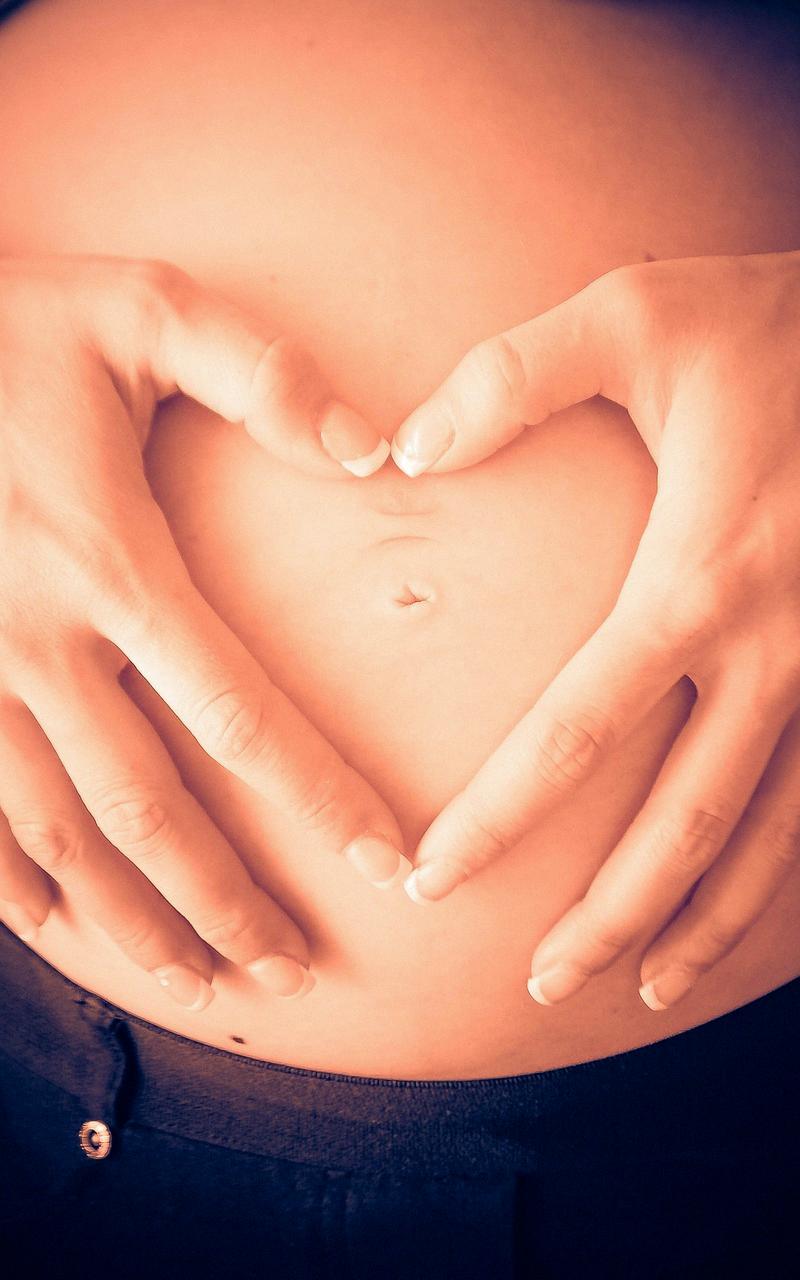So, your period is 7 days late, and you are wondering if pregnancy is the only possible reason for this delay. The truth is, your period can be late for various reasons other than pregnancy. Let’s explore some factors that could potentially cause your period to be late even if you are not pregnant.
One common reason for a late period is hormonal imbalance. Hormones play a crucial role in regulating your menstrual cycle, and any disruption in their balance can lead to irregularities in your periods. Stress, anxiety, or even changes in your routine can affect your hormone levels and delay your period.
Another factor to consider is excessive exercise. Intense physical activity can impact your menstrual cycle by affecting hormone production and ovulation. If you have been engaging in strenuous workouts or training sessions, it might be contributing to the delay in your period.
Changes in body weight can also influence your menstrual cycle. Significant weight loss or gain can disrupt the delicate balance of hormones in your body, leading to irregular periods or even missed periods. If you have recently lost a significant amount of weight or have been struggling with weight fluctuations, this could be a possible reason for your late period.
Additionally, factors such as illness or certain medical conditions can affect your menstrual cycle. Conditions like polycystic ovary syndrome (PCOS) or thyroid disorders can disrupt your hormone levels and interfere with the regularity of your periods. If you suspect any underlying health issues, it is essential to consult a healthcare provider for proper evaluation and guidance.
It is also worth noting that medications, such as birth control pills or certain types of contraceptives, can impact your menstrual cycle. If you have recently started or changed your contraceptive method, it may be a contributing factor to the delay in your period. Discuss any concerns with your healthcare provider to understand how your medication might be influencing your menstrual cycle.
Furthermore, lifestyle factors like poor sleep quality or dietary changes can influence your menstrual cycle. Lack of adequate rest or a balanced diet can put stress on your body and affect your hormone levels, potentially leading to late periods. Paying attention to your overall well-being and making healthy choices can help maintain a regular menstrual cycle.
Remember that the menstrual cycle can vary from person to person, and occasional irregularities are normal. However, if you are experiencing persistent irregularities in your periods or have concerns about your reproductive health, it is essential to seek guidance from a healthcare professional. They can assess your individual situation and provide personalized recommendations for managing your menstrual cycle.
In conclusion, while pregnancy is a common reason for a late period, it is not the only explanation. Various factors, including hormonal imbalances, lifestyle choices, and underlying health conditions, can contribute to delays in your menstrual cycle. By understanding the potential causes of a late period and seeking appropriate medical advice when needed, you can make informed decisions about your reproductive health and well-being.

